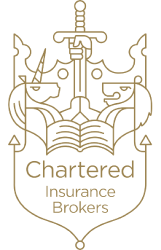What is estate planning?
Estate planning arranges for the transfer of an individual's property after death and may involve a will and/or trust, or the application of state intestacy laws. Estate planning allows an individual to decide exactly who will benefit from their estate, and to what extent. It also ensures that the estate will not be destroyed by taxes imposed on the transfer of assets at death.




